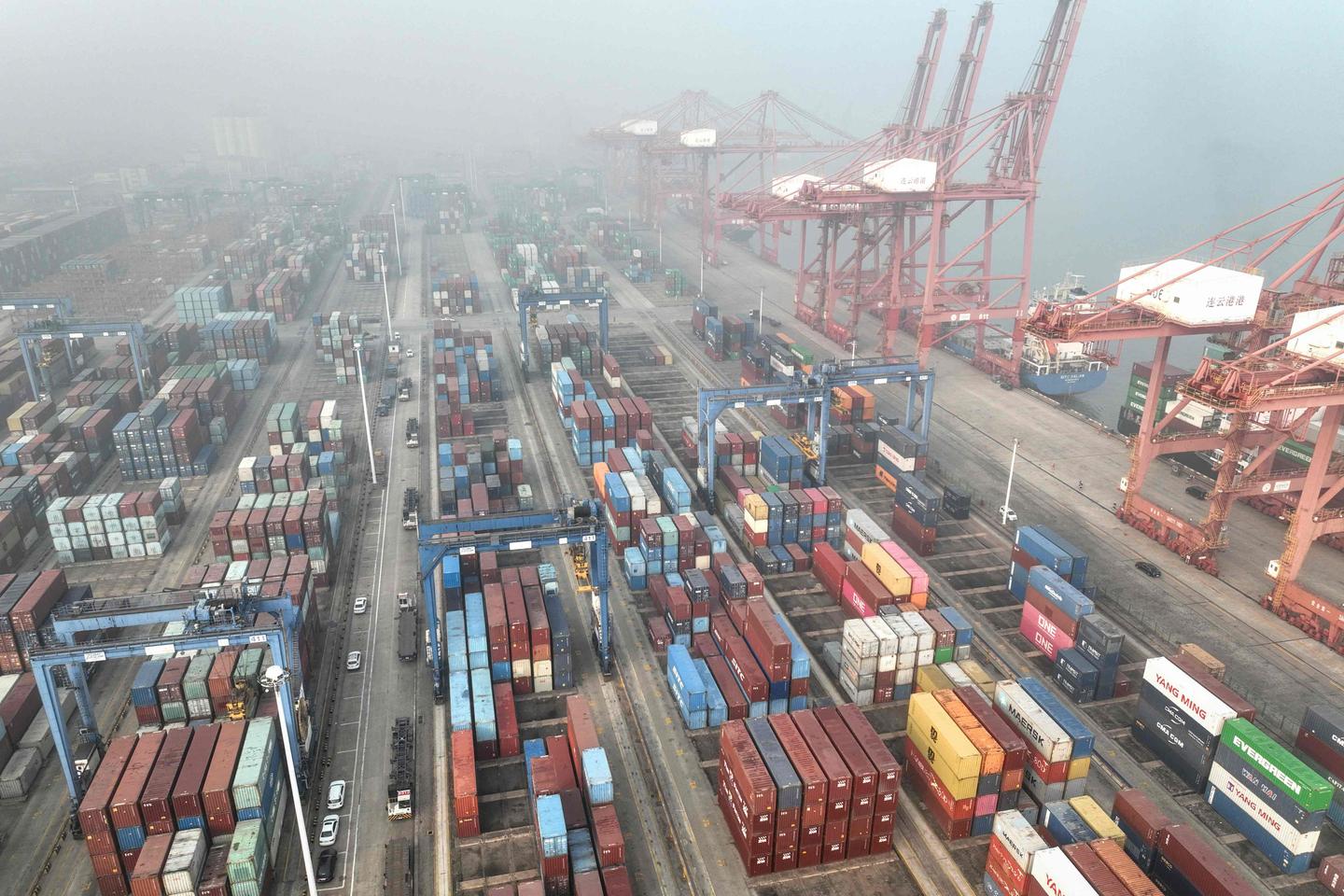


Economists are talking a great deal about the de-globalization of an economy divided into two ideologically opposed camps which can be briefly described as the "camp of democracies" versus the "camp of authoritarian countries." But is there really a decrease in trade between these two groups of countries?
The consequences of economic deglobalization would be considerable. Countries would give up exploiting their comparative advantages (availability of raw materials, workforce skills, technological level) to avoid trading with "enemy" countries. In doing so, they would accept a loss of economic efficiency by having to produce goods for which they have no comparative advantages and import goods with high production costs from "friendly" countries to increase their economic sovereignty and ensure a more secure supply chain. All this would come at the cost of a loss of purchasing power for consumers.
The evolution of world trade in goods seems to confirm the de-globalization hypothesis. While growth in the volume of exported goods was double global GDP growth from the 1990s to the subprime crisis in 2008, they grew at similar rates between 2010 to 2019. Since mid-2022, the volume of exported goods is down by 2% year-on-year, while global GDP is growing by 3% a year.
Decline in investment
This discrepancy can be understood against the backdrop of a significant increase in global trade barriers, as reported by the International Monetary Fund. The number of trade restrictions, including tariffs and specific import or export bans on goods like Chinese telephone relays to OECD countries and semiconductor exports to China, surged from 250 in the early 2010s to 2,600 by 2022.
But is this really a sign of the deglobalization of the world economy or a mistrust of China, particularly in the West?
If we look at goods trade in volume terms, exports did fall by 2% year-on-year in the third quarter of 2023. It appears that China's goods exports are stagnating and that exports from the rest of the world to China fell sharply in 2023. So, there is indeed a decline in world trade in goods, whatever the source of these exports.
But the same cannot be said for trade in services. The volume of world exports of services is now growing at an annual rate of 7% – faster than world trade as a whole. There is therefore no deglobalization of trade in services. The share of service exports in GDP is very high in Singapore, India, Sweden and Denmark. It is also high in Portugal, Morocco, the UK and Finland. In fact, trade in goods is gradually being replaced by trade in services.
You have 45% of this article left to read. The rest is for subscribers only.
